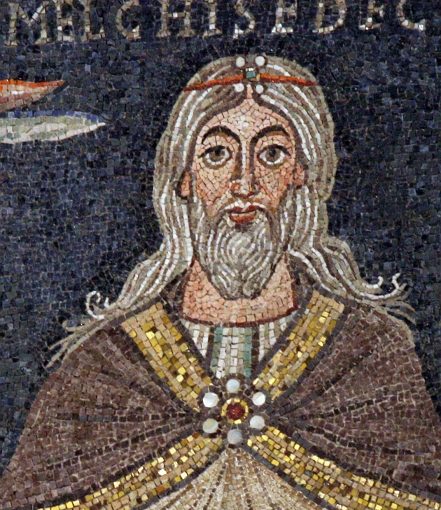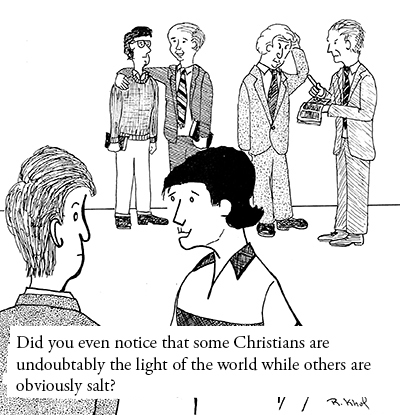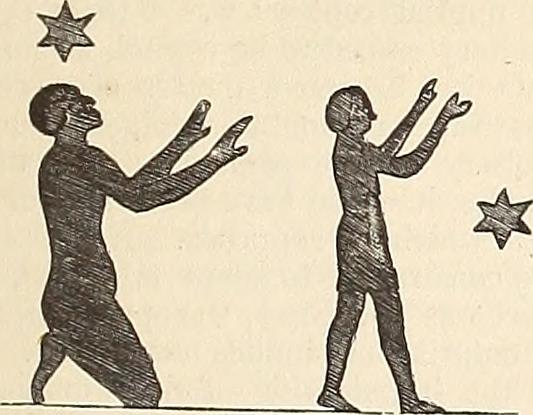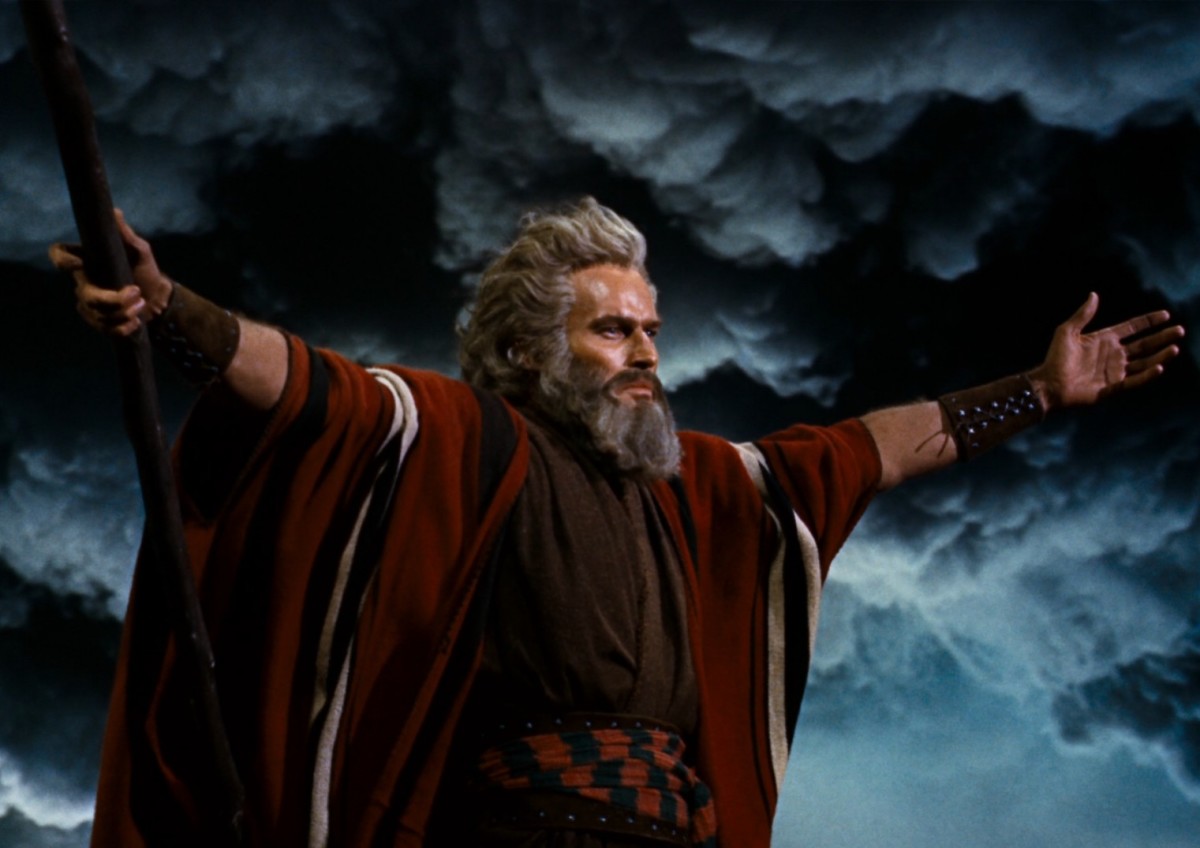…one Lord, one faith, one baptism.
Ephesians 4:5
In today’s Christianity the Lord Jesus comes in many styles and sizes. There’s a black Jesus, an Asian Jesus (with almond eyes), a “cool” Jesus (with designer sunglasses), and a Catholic Jesus (still nailed to a cross). Then, there are the political varieties. Sometimes Christ is a Democrat, sometimes a Republican, but He’s always very independent. He might be opposed to any kind of war, abortion, or gay marriage, but then again, He might be fine with one or more of them.
In the beginning, God made man in His own image (Genesis 1:27). Ever since then, Man has been seeing God in his own image. Like God, people are spiritual beings; they can reason, communicate, appreciate beauty, problem solve, and know the difference between right and wrong. Unlike God, the human race is sinful, petty, boastful, nasty, and especially divisive.
God is one (Deuteronomy 6:4) and He really enjoys it when His people are one. “Behold, how good and how pleasant it is for brethren to dwell together in unity!” (Psalm 133:1).
Christ is the common denominator of every true Christian. Certainly, there are attributes of this One Lord that aren’t up for discussion. He is sinless, divine, almighty, and loving. Every real believer will recognize the real Jesus as soon as they see Him, but He will also be different than the stereotype that they have built in their minds.
The “distinctives” that are the bread and butter of the thousands of Christian denominations and organizations will disappear. Things that have separated blood-bought believers over the centuries will be gone forever, and they will be left with one faith, one baptism, and One Lord.
March 4









